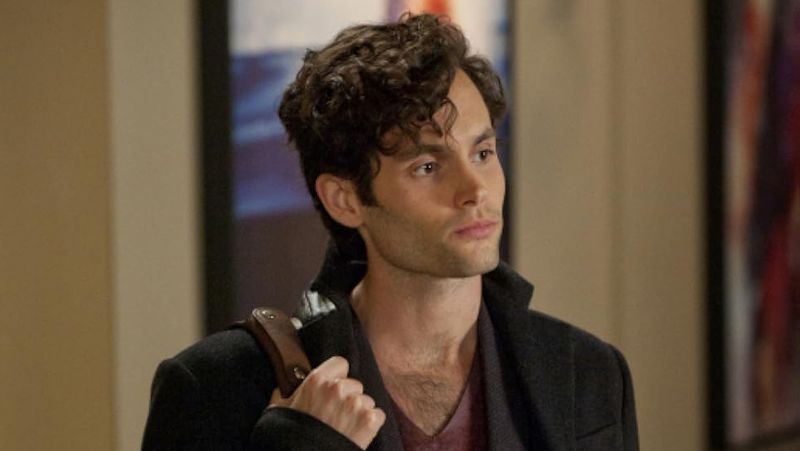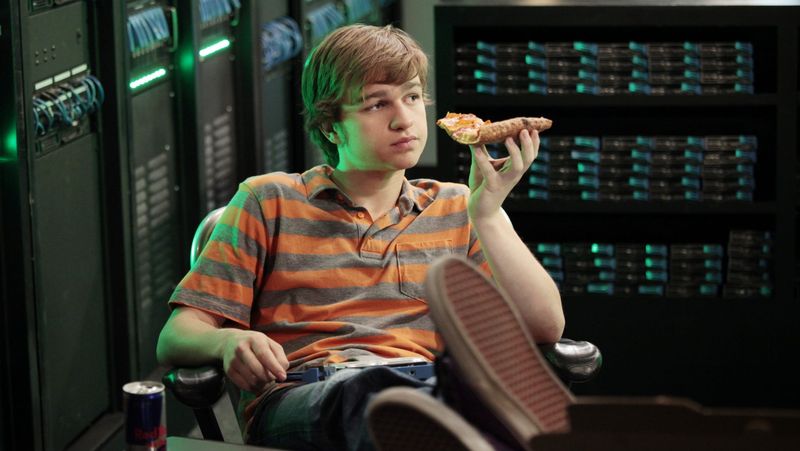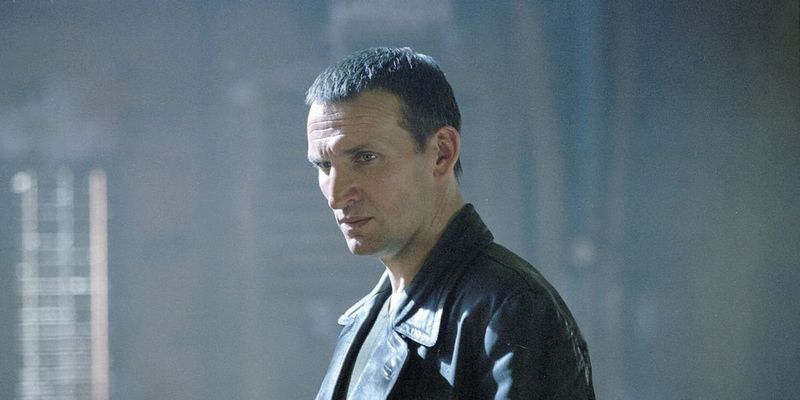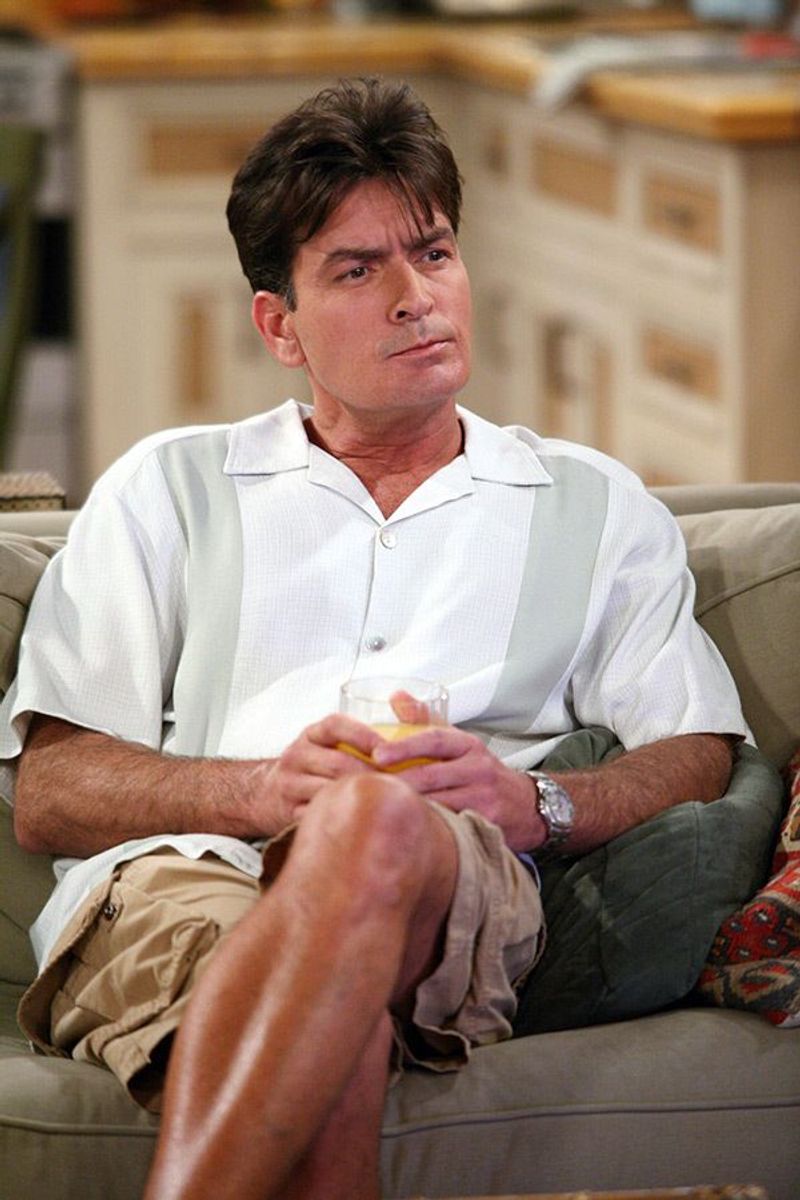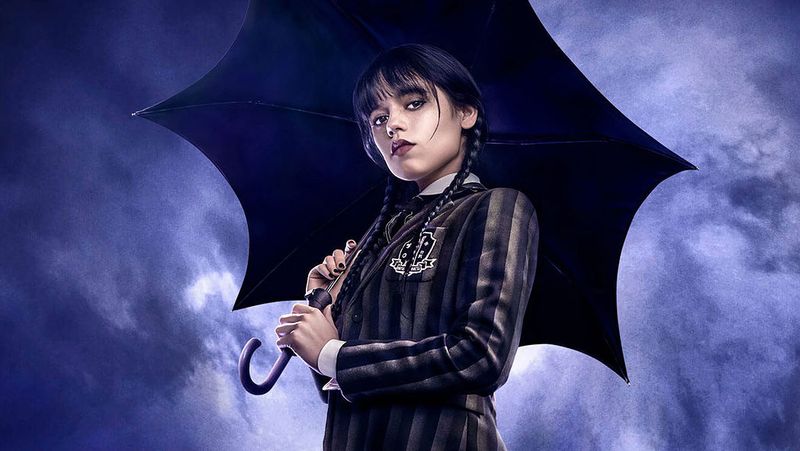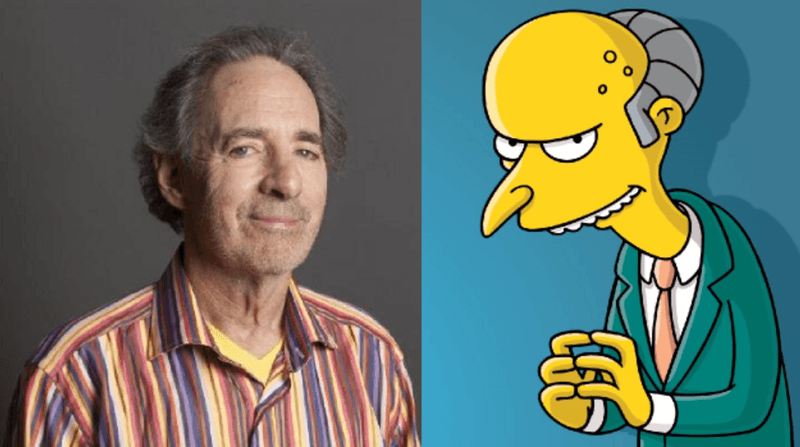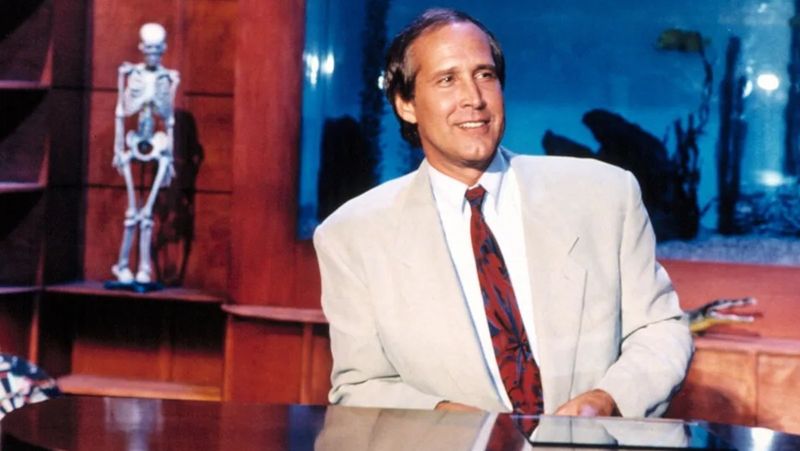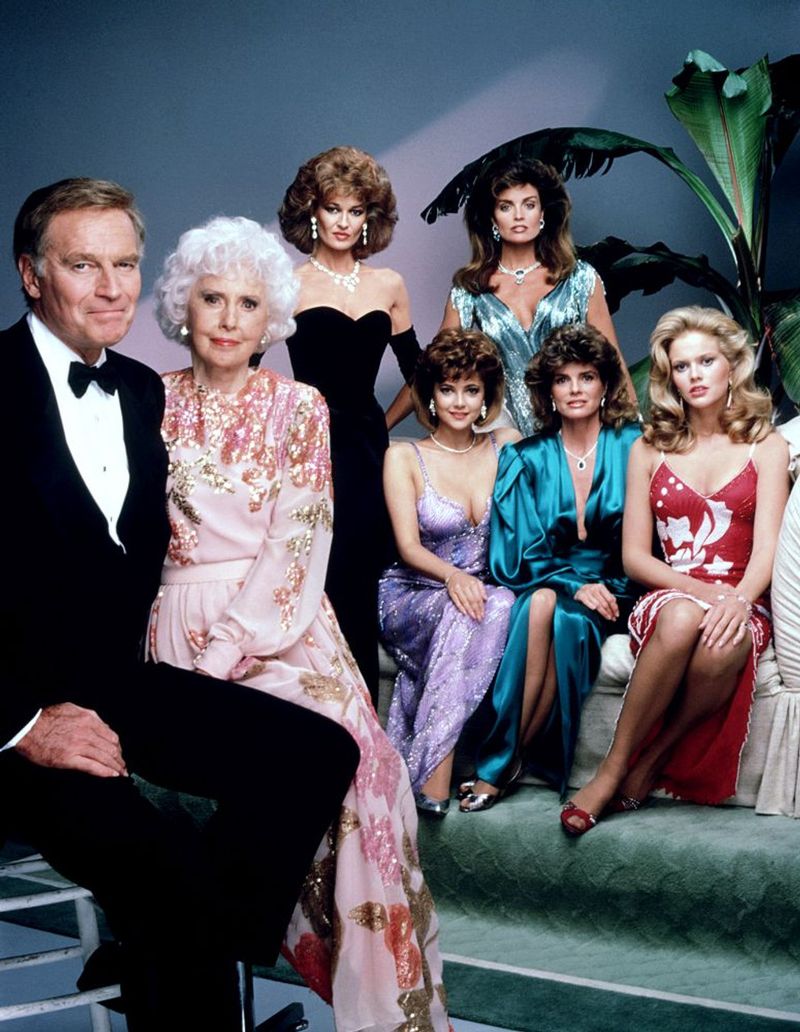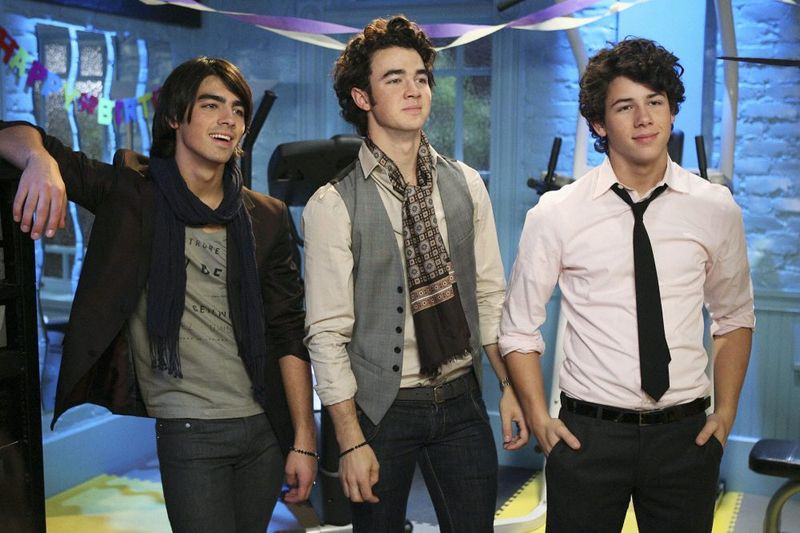Not every actor looks back fondly on their time in a hit TV show. Whether due to creative differences, personal beliefs, or dissatisfaction with character development, some stars have openly criticized the very projects that brought them fame. Here are 15 actors who publicly expressed their disdain for their own television shows:
1. Lisa Bonet – The Cosby Show and A Different World
Lisa Bonet’s strained relationship with The Cosby Show creators led to her departure. She criticized the show’s direction and felt her character lacked depth.
Bonet’s experience highlights the struggles actors face when their creative visions diverge from those of a production team, raising questions about artistic integrity and personal growth.
2. Penn Badgley – Gossip Girl
Penn Badgley has openly mocked Gossip Girl’s plot twists, particularly the revelation of his character as Gossip Girl. He found these storylines to be nonsensical and expressed discomfort with the themes portrayed.
Badgley’s critique of the series resonates with those who value coherent storytelling, reminding viewers that even cultural phenomena are subject to scrutiny and debate.
3. Angus T. Jones – Two and a Half Men
Angus T. Jones, once the highest-paid child actor on television, surprised fans when he disparaged Two and a Half Men as “filth.” This followed a religious awakening that clashed with the show’s adult themes. His words resonated with fans who shared his concerns about the show’s content.
Despite his criticisms, Jones’s time on the show remains a major part of his career, leaving audiences to ponder the complex relationship between personal beliefs and professional commitments.
4. Christopher Eccleston – Doctor Who
Christopher Eccleston left Doctor Who after one season, citing broken relationships with the show’s leadership. He was critical of the working environment, stating he would only return if the creative team changed.
Eccleston’s departure underscores the impact of off-screen dynamics on an actor’s career choices, highlighting the importance of a supportive and collaborative working environment.
5. Charlie Sheen – Two and a Half Men
Charlie Sheen’s departure from Two and a Half Men was as dramatic as the show itself. His infamous public rants against creator Chuck Lorre led to his dismissal. In later years, Sheen expressed regret over his behavior but remained critical of the show’s direction.
Sheen’s tumultuous exit captivated audiences and highlighted the volatile nature of Hollywood careers, reminding us that fame and fortune often come with intense personal challenges.
6. Katherine Heigl – Grey’s Anatomy
Katherine Heigl went from star to skeptic when she withdrew her Emmy nomination, citing insufficient material on Grey’s Anatomy. Her criticism of the grueling schedule as “cruel and mean” sparked controversy.
Heigl’s candid remarks about working conditions and creative differences brought attention to the often-unseen demands placed on actors, sparking industry-wide conversations about work-life balance.
7. Jenna Ortega – Wednesday
Jenna Ortega voiced her dissatisfaction with the Wednesday scripts, stating she had to alter lines to better suit her vision of the character. Her desire for authenticity clashed with pre-written storylines.
Ortega’s proactive approach to character development highlights the evolving role of actors in shaping narratives, emphasizing the importance of creative input in modern television.
8. Jesse Tyler Ferguson – Modern Family
Jesse Tyler Ferguson acknowledged the criticism from the LGBTQ+ community regarding his Modern Family character. He understood some viewed the portrayal as stereotypical, yet defended his performance.
Ferguson’s response sheds light on the delicate balance between representation and stereotype in media, sparking discussions on how shows can positively reflect diverse communities.
9. Tom Baker – Doctor Who
Tom Baker, the iconic Fourth Doctor, expressed dissatisfaction with Doctor Who during his final season. He felt the new producer’s approach diminished his performance.
Baker’s experience reflects the challenges faced by actors as shows evolve, emphasizing the significance of maintaining a consistent vision in long-running series.
10. Harry Shearer – The Simpsons
Harry Shearer has been vocal about disagreements with The Simpsons’ creative decisions, particularly criticizing episodes for undermining character integrity. He’s had disputes over compensation as well.
Shearer’s candid critiques remind us of the complexities of long-term collaboration in creative projects, emphasizing the need for mutual respect and understanding.
11. Chevy Chase – The Chevy Chase Show
Chevy Chase disapproved of the direction his talk show took, stating it wasn’t the concept he envisioned. He later parodied the show’s failure in a commercial, reflecting his disappointment.
Chase’s reflections on his show serve as a reminder of the unpredictability of television success and the importance of creative control in realizing one’s artistic vision.
12. Jenna Ushkowitz & Kevin McHale – Glee
Jenna Ushkowitz and Kevin McHale expressed discomfort with certain Glee performances, citing specific songs as turning points in their dissatisfaction. They also criticized some of the show’s tone-deaf moments.
Their concerns highlight the importance of sensitivity and awareness in media production, especially when portraying diverse characters and themes.
13. Barbara Stanwyck – The Colbys
Barbara Stanwyck reportedly called The Colbys “a turkey,” criticizing its quality and leaving after the first season. She felt the show was beneath her standards.
Stanwyck’s candid assessment exemplifies the high standards actors hold for their work, underscoring the importance of aligning project quality with personal and professional values.
14. Joe Jonas – Jonas
Joe Jonas criticized Jonas for poor writing, stating it didn’t reflect the band’s real-life experiences and felt forced. His candid remarks resonated with fans familiar with the gap between reality and scripted television.
Jonas’s critique highlights the challenges in portraying authentic narratives within the constraints of network expectations, especially for young stars.
15. Robert Reed – The Brady Bunch
Robert Reed often clashed with The Brady Bunch producers over its content, feeling it lacked depth and realism. He reportedly left the set in frustration multiple times.
Reed’s dissatisfaction underscores the ongoing dialogue about creative integrity and the balance between entertainment and substance in family-friendly programming.


